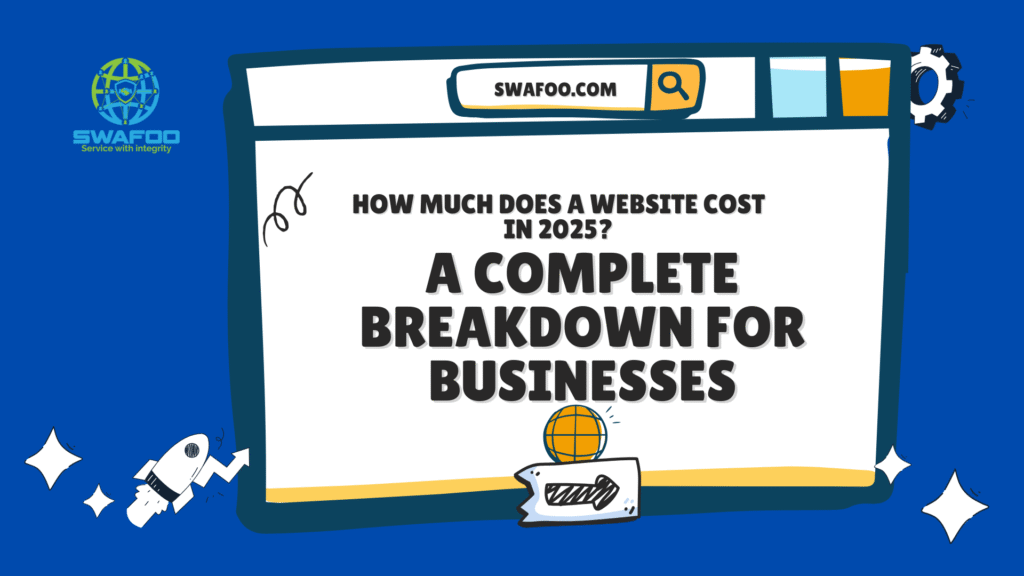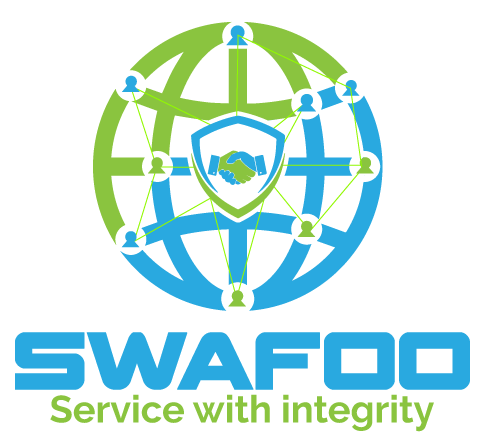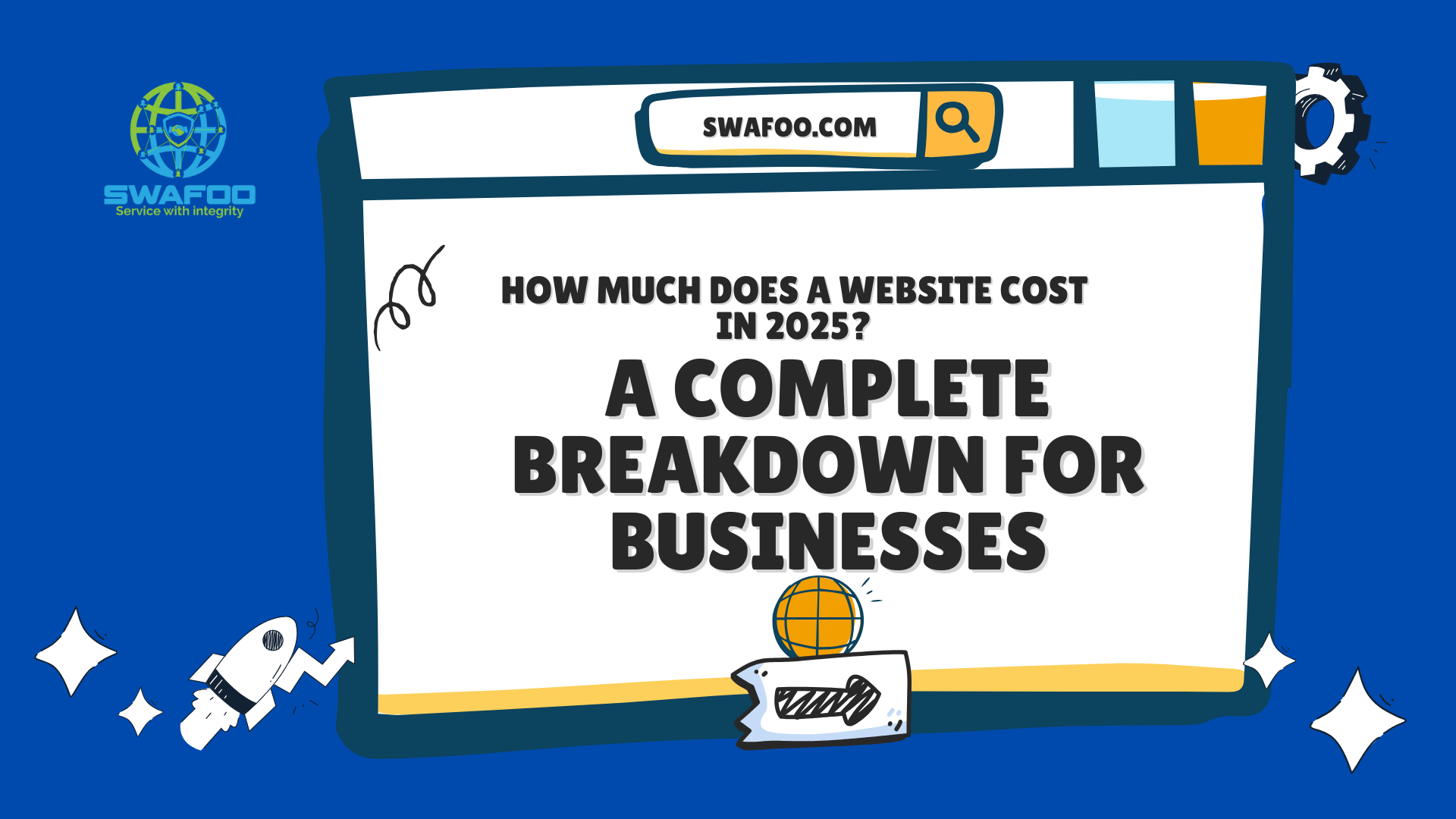How Much Does a Website Cost in 2025? Breakdown for Businesses
How Much Does a Website Cost in 2025? Breakdown for Businesses

In 2025, website development is no longer optional; it’s essential. From startups to established companies, every business owner wants to know the same thing: how much does a website cost? With increasing demand for online presence, evolving website design, and changing development costs, it’s important to understand what you’ll actually be paying for when creating or updating a site. Whether you’re a small business owner, a startup founder, or working with development agencies, this article breaks down everything you need to know about website costs in 2025.
What Are the Website Costs in 2025?
When discussing website costs, the first thing most business owners ask is: How much does it cost to build a website in 2025? The truth is, website development costs vary widely depending on your business needs, the complexity of your website, and who you hire.
For a simple website, prices may start as low as $1,000 with freelancers or DIY website builders. But if you need a custom website with advanced features such as e-commerce, SEO optimization, and integration with other tools, the cost of website development can range from $10,000 to $50,000 or more.
Why such a big range? Website design costs are driven by many factors: the number of pages, design complexity, and website functionality you require. A professional web designer or web development firm will provide a detailed cost breakdown, but you should always expect to pay more for advanced features, custom coding, and ongoing website maintenance.
How Much Does It Cost to Build a Website for a Small Business?
For a small business, the question of how much a website costs is crucial. Many business owners need a professional website that fits their business goals without breaking the bank.
What’s the Average Cost for Small Business Website Development?
The average cost for a website for a small business in 2025 typically ranges between $2,500 and $15,000. This includes web design, setup of website content, basic SEO, and some degree of website security. The cost may rise depending on specific business needs, such as adding an e-commerce website, custom design elements, or advanced content management systems like WordPress.
Should Small Businesses Use Website Builders or Hire Professionals?
Many small businesses ask if it’s better to use website builders or hire professional web development agencies. While a DIY website with drag-and-drop tools can reduce development costs, it often lacks the scalability, performance, and optimization needed for growth. Hiring web designers and developers ensures better user experience (UX), long-term flexibility, and stronger website performance.
Why Do Development Costs Matter for Small Businesses?
For business operations, your website is often the first impression potential customers have. Cutting corners on website design or website functionality may save money upfront, but can hurt your online presence in the long run. Investing in proper website building ensures that business owners can scale as demand grows.
What Impacts Website Development Costs in New York?
If you’re exploring website development in New York, prepare for higher development costs compared to other regions. Website development cost in New York is influenced by the city’s competitive market, experienced development agencies, and the demand for advanced web development services.
Why Are Development Costs in New York Higher?
The development cost in New York often ranges from $15,000 to $80,000 for a new website or redesign. This is because web development agencies and freelancers in the area typically have higher rates. The cost to create an advanced site reflects both the talent pool and the demand for cutting-edge web design and integration.
Should You Hire a Freelancer or a Development Agency in New York?
Freelancers may charge less, but hiring a development agency gives you access to a team of experts in SEO, website design, website content, and ongoing maintenance. Agencies usually deliver a more polished professional web development experience, though at a higher development cost in New York.
What Do Business Owners Need to Consider?
If you operate in New York, you need to factor in additional costs such as website maintenance, content delivery, and regular optimization. These ongoing maintenance costs could cost anywhere from $500 to $5,000 annually, depending on your website needs.
How Much Does It Cost to Build an E-commerce Website in 2025?
For an e-commerce site, the cost to build in 2025 depends heavily on the type of website and its website functionality.
What’s the Average Cost of an E-commerce Website?
The average website for e-commerce starts at around $10,000 and can exceed $100,000 depending on the complexity of the design, the number of pages, and integration with payment gateways, CRMs, or inventory systems. An e-commerce website needs advanced web development features, strong SEO, and robust website security to handle transactions.
Why Does E-Commerce Website Development Cost More?
Unlike a simple website, an e-commerce site must handle product catalogs, shopping carts, and secure payments. These features increase both design cost and ongoing maintenance requirements. A custom design tailored for user experience ensures your business website is optimized for sales.
What Should Startups Know About E-commerce Costs?
If you’re a startup, you’ll need to plan carefully. The costs of building an e-commerce platform could be more than expected due to website design costs, integration, and website performance upgrades. A professional web designer can help ensure your website performs well in search engines, attracting the traffic you need.
Is It Worth Redesigning an Existing Website in 2025?
For many companies, the question isn’t just how much a website costs but whether they should invest in a redesign of their existing website.
When Should You Consider a Redesign?
A redesign becomes necessary when your current site doesn’t meet business goals, has outdated design elements, or underperforms in search engines. Many website owners realize that the complexity of your website grows as your business operations expand, requiring updates for better website performance.
What Are the Costs of Redesigning?
The design cost for a redesign in 2025 can range from $5,000 to $40,000, depending on the complexity of the design and specific business needs. This includes upgrading website content, improving website functionality, and enhancing user experience (UX).
Is a Redesign Worth the Investment?
For an established company, a redesign often pays for itself by improving website performance, supporting new business needs, and maintaining a competitive online presence. Think of it as an investment rather than an expense.
What Additional Costs Should You Expect When Building a Website?
When estimating website development costs, many business owners forget about additional costs beyond the initial website building.
What Are the Ongoing Maintenance Costs?
Ongoing maintenance includes website maintenance, website security, and updates to plugins or content management systems like WordPress. These maintenance costs usually run $500–$2,000 per year, depending on your business website size.
What About SEO and Optimization?
Good SEO and optimization are essential for getting found in search engines. Expect to budget $500–$5,000 per month for proper SEO strategies, keyword targeting, and performance monitoring.
Are There Hidden Costs?
Other additional costs include hosting, domain registration, premium plugins, and design elements. While these may not seem major compared to the cost to create a site, they add up quickly.
What to Remember About Website Costs in 2025
So, much does a website cost in 2025? The answer depends on whether you’re building a simple website, launching a new website for your startup, or hiring a web development firm in New York. The website development cost in new projects varies widely, but here’s what to remember:
Small businesses should budget at least $2,500–$15,000 for a professional site.
E-commerce websites come with higher development costs, ranging from $10,000–$100,000, depending on features.
Development cost in New York is typically higher, often starting at $15,000.
A redesign can be just as expensive as a new build, but is crucial for staying competitive.
Ongoing maintenance costs, SEO, and optimization are as important as the upfront design cost.
In short, website costs in 2025 vary based on business needs, the type of website, and your long-term business goals. But one thing is certain: a properly developed site is not an expense it’s an investment in your future success.
Share This Post
Subscribe To Our Newsletter
Get updates and learn from the best
More To Explore

The Truth About SEO and Web Design: How Smart Design Can Improve Your Ranking
SEO and Web Design Every business wants to appear at the top of search engines. But few realize how closely web design and SEO work

Digital Marketing Strategies in 5 Steps: How to Create One That Delivers Results
Marketing Strategies Creating digital marketing strategies that actually work isn’t about chasing trends or using every platform at once. It’s about focus, knowing what your



